Introduction
Known for strength, health concerns for Anatolian Shepherd Dog must be considered.
- Despite their hardiness, they can face specific health issues if not cared for properly
- Prevention and early detection are key to keeping them healthy and strong
- Regular vet check-ups, proper diet, and exercise help maintain their well-being
- Owners must be informed about common health problems to provide the best care
- This article outlines the top health concerns and preventive measures for these dogs
1. Hip Dysplasia
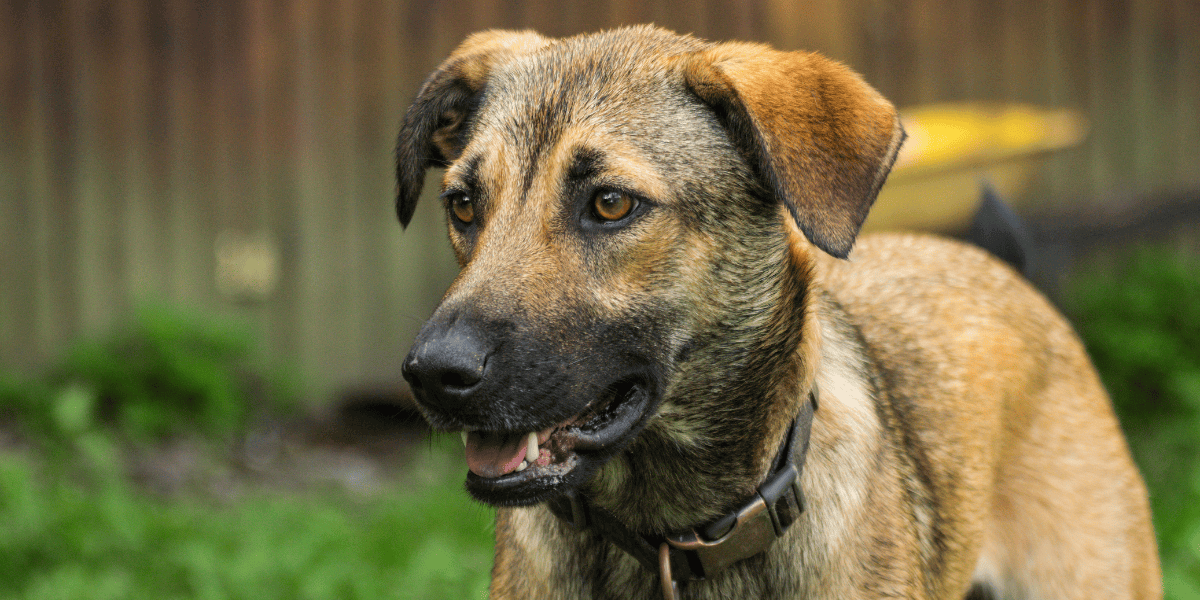
Hip dysplasia is a common condition in Anatolian Shepherds due to their size.
- Regular vet check-ups: Early diagnosis helps reduce discomfort and manage pain
- Weight management: Keeping your dog’s weight in check reduces pressure on hips
- Exercise: Controlled exercise strengthens muscles supporting the hip joint
- Joint supplements: Supplements like glucosamine can improve joint health
- Surgical options: In severe cases, surgery might be necessary for pain relief
- Proper bedding: Soft bedding can relieve joint pressure during rest and sleep
- Regular X-rays: Periodic X-rays help monitor hip condition over time
2. Elbow Dysplasia

Elbow dysplasia affects joints, marking Health Concerns for Anatolian Shepherd Dog.
- Genetic screening: Breeding from dogs with healthy elbows helps reduce this risk
- Regular exercise: Low-impact activities prevent stiffness without stressing joints
- Medication: Anti-inflammatory drugs can relieve pain and improve mobility
- Weight control: Maintaining a healthy weight reduces stress on elbow joints
- Physical therapy: Special exercises can help improve joint function and mobility
- Surgery: In severe cases, surgery may be necessary to correct the issue
- Cold therapy: Cold packs can reduce inflammation and relieve elbow pain
3. Bloat (Gastric Torsion)

Bloat can occur when the stomach fills with gas and twists, causing serious issues.
- Smaller meals: Feeding smaller, frequent meals helps reduce the risk of bloat
- Slow feeding: Use slow-feeder bowls to prevent gulping and swallowing air
- Avoid exercise after meals: Wait 1-2 hours before exercising after your dog eats
- Monitor for symptoms: Be aware of signs like restlessness and swollen abdomen
- Immediate vet care: If you suspect bloat, seek veterinary help immediately
- Gastropexy surgery: Some owners opt for surgery to prevent the stomach from twisting
- Hydration: Ensure your dog has water access but limit excessive drinking during meals
4. Entropion

Entropion is among the health concerns for Anatolian Shepherd Dog due to eyelid issues.
- Eye examinations: Regular vet visits can help identify entropion early on
- Surgical correction: Surgery is usually required to correct the eyelid position
- Monitor eye discharge: Excessive tearing can be an early sign of this condition
- Avoid harsh environments: Dusty or windy conditions can worsen eye irritation
- Keep eyes clean: Gently wipe your dog’s eyes to remove dirt and prevent infection
- Pain management: Pain medications may be necessary post-surgery to ease discomfort
- Breed awareness: Certain breeds, like Anatolians, are particularly prone to this issue
Learn about common health issues in Brittany Spaniel to better understand your Anatolian Shepherd Dog's entropion.
5. Hypothyroidism
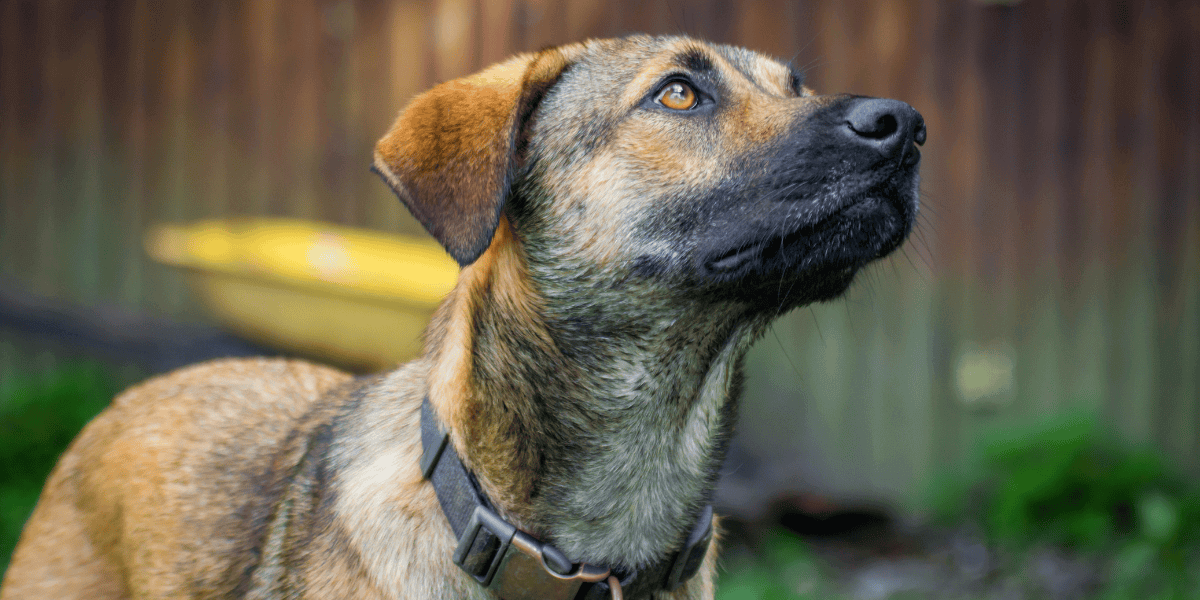
Hypothyroidism occurs when the thyroid gland lacks hormones, causing weakness.
- Regular blood tests: Early diagnosis through blood tests ensures prompt treatment
- Thyroid medication: Lifelong medication is required to manage hormone levels
- Watch for symptoms: Signs like weight gain and low energy may indicate hypothyroidism
- Diet adjustments: A controlled diet can help manage weight related to thyroid issues
- Regular vet monitoring: Periodic vet visits are essential to adjust medication dosage
- Exercise: Regular physical activity helps prevent excessive weight gain
- Grooming: Hypothyroidism may cause coat thinning, requiring extra grooming care
6. Heart Disease
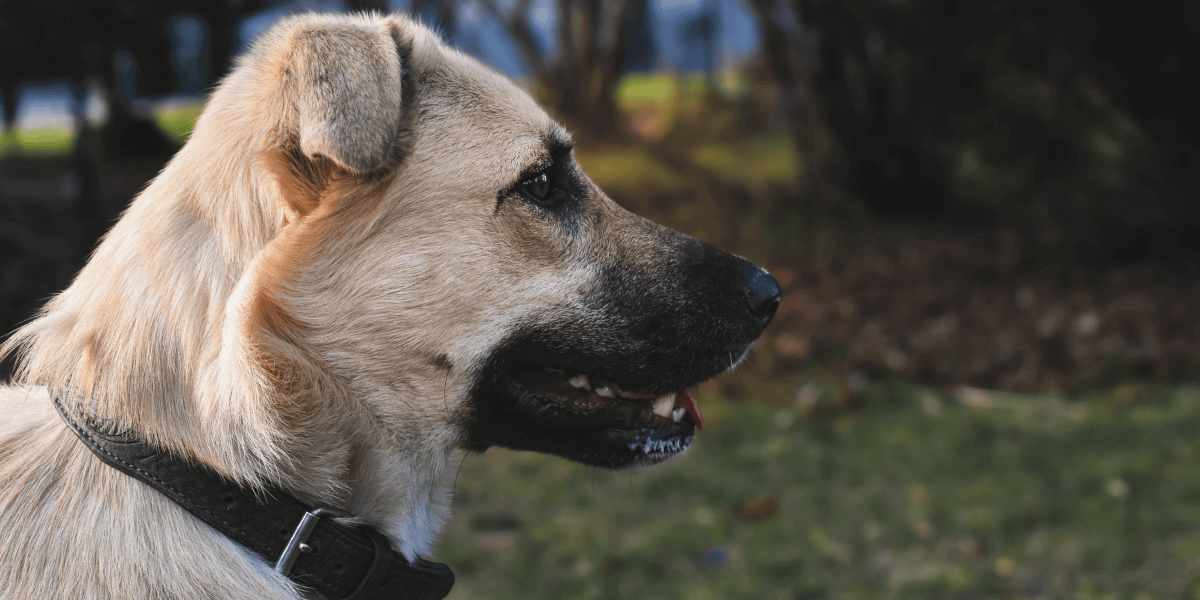
Health Concerns for Anatolian Shepherd Dog include heart disease, especially with age.
- Routine vet check-ups: Early detection of heart issues improves the chance of management
- Heart-healthy diet: Feeding a balanced, low-sodium diet supports heart health
- Weight control: Maintaining a healthy weight reduces the strain on your dog’s heart
- Exercise: Regular but moderate activity keeps the heart strong without overexertion
- Medications: Some dogs may require medications to manage heart conditions
- Echocardiograms: Regular heart ultrasounds help monitor heart function over time
- Limit stress: Keep your dog away from situations that may cause excessive heart strain
Explore a vet's guide on the healthiest diet for Basset Hound to support your Anatolian Shepherd Dog's heart health.
7. Allergies
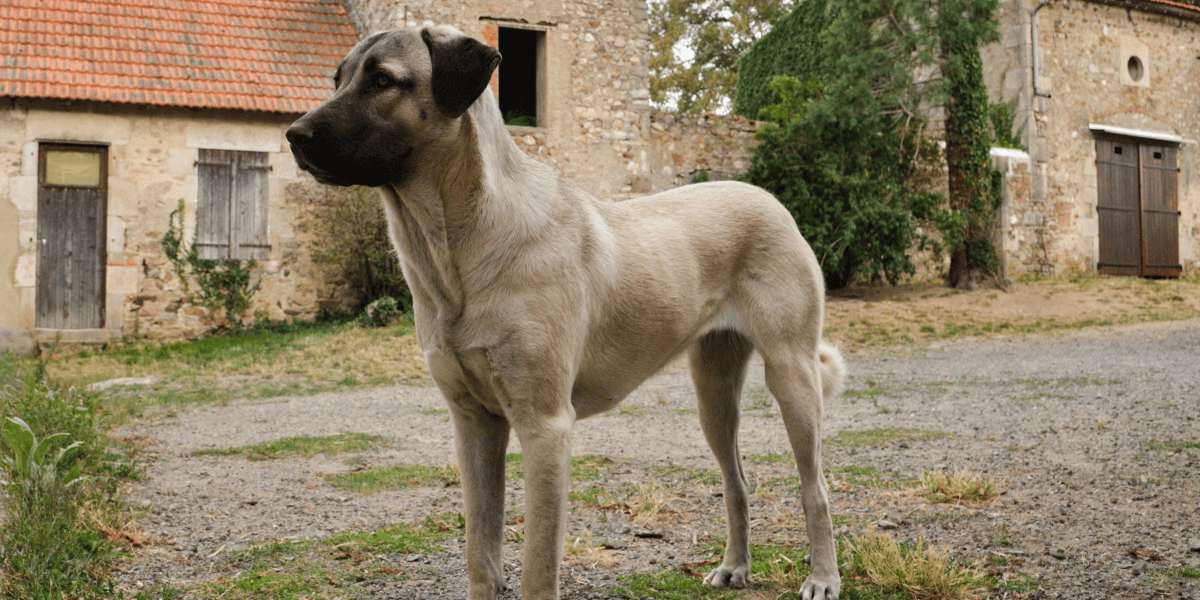
Anatolian Shepherd Dogs can suffer from allergies, leading to skin and gut issues.
- Elimination diet: Identifying triggers means removing allergens from their diet
- Hypoallergenic food: Special diets help reduce the risk of allergic reactions
- Regular baths: Frequent baths with medicated shampoos can soothe itchy skin
- Allergy testing: Vets can perform tests to determine specific allergens causing issues
- Environmental control: Reduce exposure to allergens like pollen and dust in the home
- Antihistamines: These medications can help relieve allergy symptoms in dogs
- Monitor for ear infections: Allergies can cause chronic infections and need checks
8. Arthritis
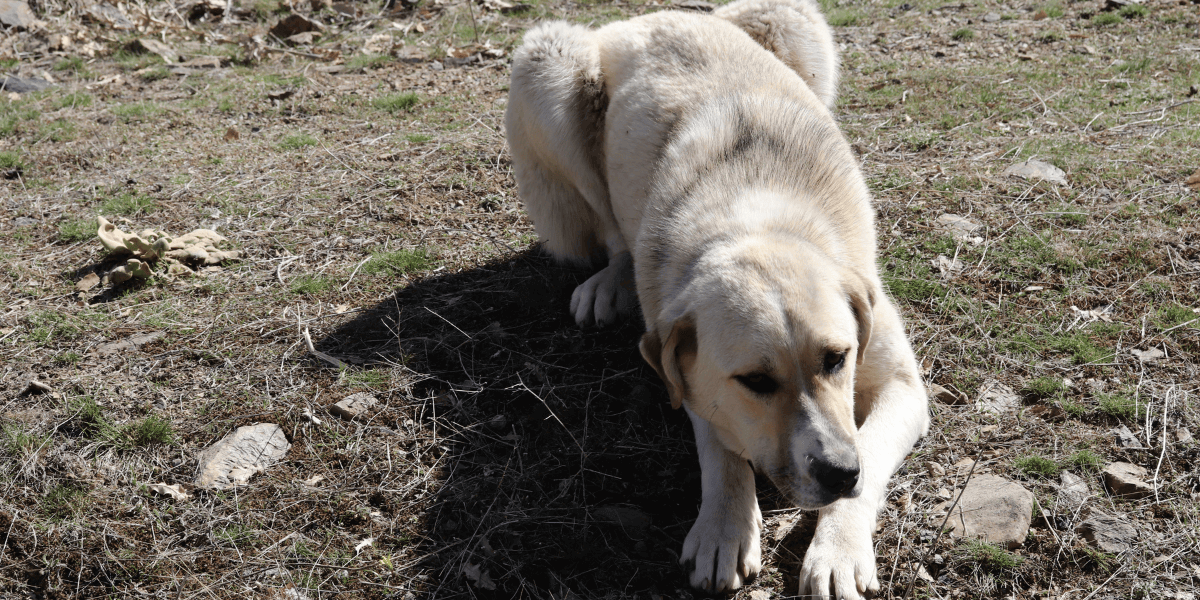
Arthritis is common in older Anatolian Shepherds, causing joint pain and stiffness.
- Supplements: Joint supplements like glucosamine can ease arthritis symptoms
- Moderate exercise: Light exercise prevents stiffness without putting pressure on joints
- Comfortable bedding: Soft, supportive bedding helps reduce pressure on sore joints
- Weight management: Keeping your dog’s weight down helps reduce joint strain
- Medications: Anti-inflammatory medications can help relieve pain and swelling
- Massage therapy: Gentle massages can help ease arthritis pain and improve circulation
- Regular vet check-ups: Routine visits are vital for monitoring arthritis progression
Discover prevention and management tips for hip dysplasia in Great Danes to help your Anatolian Shepherd Dog's arthritis.
9. Dental Disease
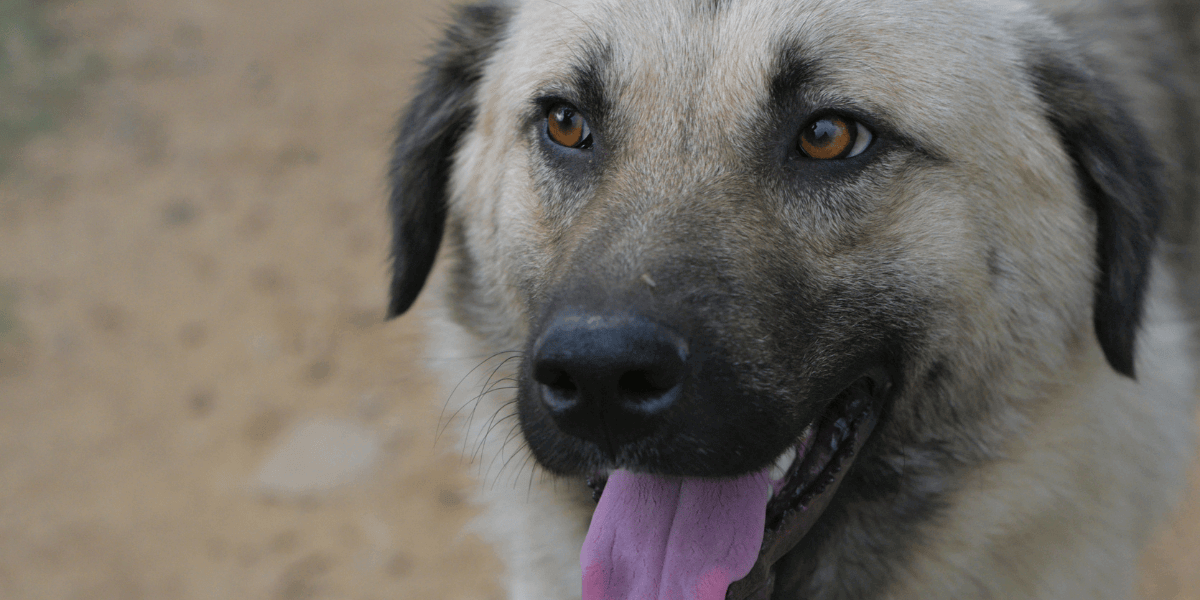
Health concerns for Anatolian Shepherd Dog include gum disease from poor dental care.
- Regular brushing: Brushing your dog’s teeth can prevent tartar buildup and gum disease
- Dental check-ups: Regular vet check-ups include oral exams to catch problems early
- Dental chews: Special chews help keep teeth clean by reducing plaque and tartar
- Proper diet: A balanced diet with crunchy food can help keep teeth strong
- Avoid table scraps: Human food can lead to dental issues and contribute to gum disease
- Water additives: Additives in water can reduce plaque and improve oral health in dogs
- Monitor for bad breath: Bad breath can be an early sign of dental disease and infection
10. Cancer
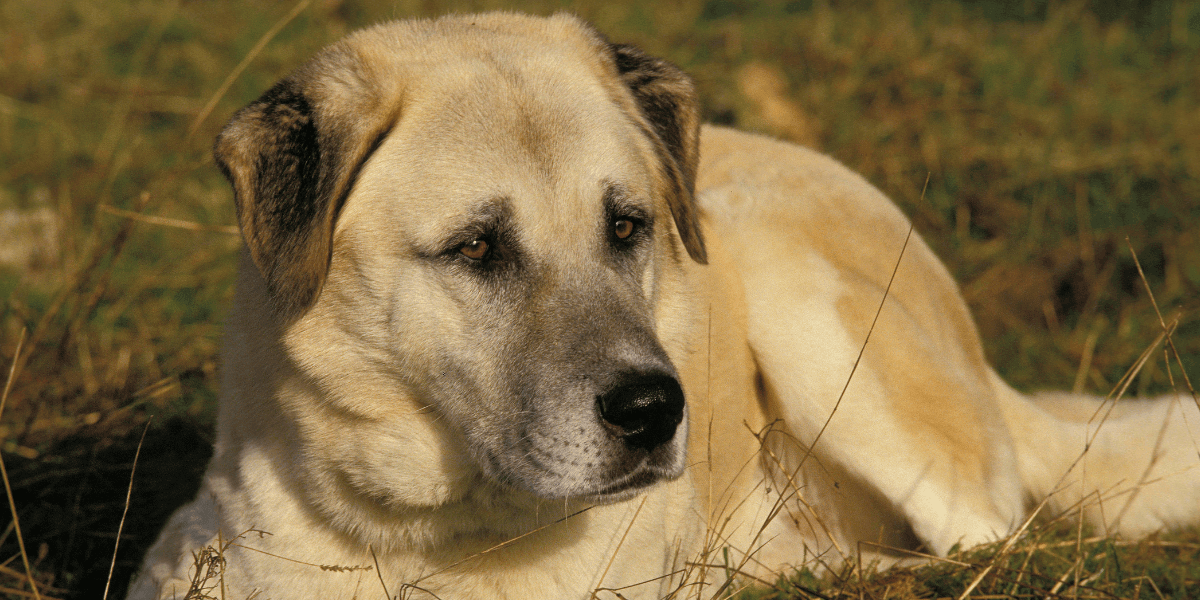
Cancer is a leading cause of death in older Anatolian Shepherds: early detection helps.
- Regular vet exams: Frequent check-ups increase the chance of detecting cancer early
- Watch for lumps: Unusual lumps or bumps should be checked by a vet as soon as possible
- Diet and supplements: A healthy diet and supplements may help reduce the risk of cancer
- Weight management: Keeping your dog at a healthy weight can reduce cancer risks
- Exercise: Regular activity boosts immunity and significantly lowers cancer risk overall
- Avoid carcinogens: Limit exposure to harmful chemicals in your dog’s environment
- Prompt treatment: If detected, treatment options like surgery or chemotherapy may help
FAQs
1. What is the best way to prevent hip dysplasia in my Anatolian Shepherd Dog?
- Regular vet check-ups, controlled exercise, and weight management are essential
2. How can I reduce the risk of bloat for my dog?
- Feed smaller meals, avoid exercise after eating, and use slow-feeder bowls
3. What are the health concerns for Anatolian Shepherd Dog with hypothyroidism?
- Symptoms include weight gain, lethargy, and coat thinning, among others
4. How often should my dog see the vet to prevent heart disease?
- Annual check-ups, or more frequently if your dog shows symptoms, are important
5. Can I prevent entropion without surgery?
- Unfortunately, surgery is often the only solution for correcting entropion
6. What are the early symptoms of elbow dysplasia?
- Limping, stiffness, and reluctance to bear weight are common signs to watch for
7. How do I manage my dog’s allergies at home?
- Regular baths, hypoallergenic diets, and limiting exposure to allergens are key
Conclusion
- Addressing health concerns for Anatolian Shepherd Dog begins with regular vet visits
- Proper nutrition, exercise, and weight control are essential for maintaining health
- Watch for early signs of common conditions like hip dysplasia and heart disease
- Consult with your vet about supplements and medications that may help
- Caring for your Anatolian Shepherd means being proactive about their unique needs
If you found this guide helpful, like and share it with fellow dog lovers today!
References
For more information on the Top 10 Health Concerns for Anatolian Shepherd Dog, check:




